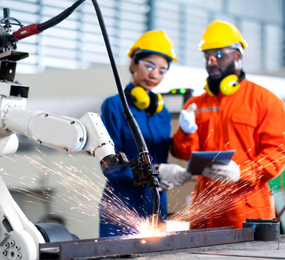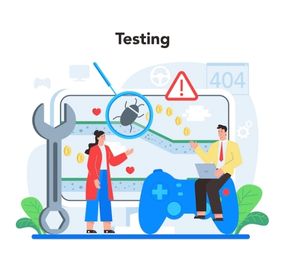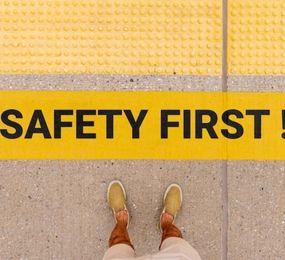The automotive industry is undergoing a rapid transformation, driven by advancements in technology. As vehicles become increasingly complex, ensuring their safety is paramount. Functional safety testing plays a critical role in verifying the reliability and performance of automotive systems. Artificial intelligence (AI) is emerging as a powerful tool to enhance functional safety testing, offering new possibilities and efficiencies.
The Role of AI in Functional Safety Testing
AI can be applied to various aspects of functional safety testing, including:
- Test Case Generation: AI algorithms can generate diverse and comprehensive test cases, covering a wider range of scenarios than traditional manual methods.
- Fault Injection: AI can intelligently inject faults into systems to assess their resilience and identify weaknesses.
- Data Analysis: AI-powered tools can analyze vast amounts of test data to identify patterns, anomalies, and potential safety risks.
- Simulation: AI can be used to create highly realistic simulations, enabling testing in virtual environments that would be impractical or dangerous in the real world.
- Predictive Maintenance: AI algorithms can predict potential failures based on historical data, allowing for proactive maintenance and reducing downtime.
Benefits of AI-Powered Testing
- Increased Efficiency: AI can automate many testing tasks, reducing the time and cost required for testing.
- Improved Coverage: AI-generated test cases can help ensure that a wider range of scenarios are covered, improving test coverage.
- Enhanced Accuracy: AI can analyze data more accurately than humans, leading to more reliable testing results.
- Early Detection of Faults: AI-powered tools can detect faults earlier in the development process, reducing the cost of remediation.
Challenges and Considerations
- Data Quality: The quality and quantity of data used to train AI models is critical for accurate results.
- Explainability: Understanding how AI algorithms reach their conclusions can be challenging, especially for complex models.
- Integration: Integrating AI-powered tools into existing testing frameworks may require significant effort.
The Future of AI in Functional Safety Testing
As AI technology continues to advance, its role in functional safety testing is expected to grow. New applications, such as autonomous testing and real-time anomaly detection, are on the horizon. By leveraging AI, the automotive industry can ensure the safety and reliability of vehicles while reducing development time and costs.
The integration of AI into functional safety testing represents a significant step forward. By harnessing the power of AI, the automotive industry can create safer, more reliable, and more innovative vehicles.
Register today to secure your spot, please check here: https://bit.ly/3zH7AKk
For more information and group participation, contact us: [email protected]
















